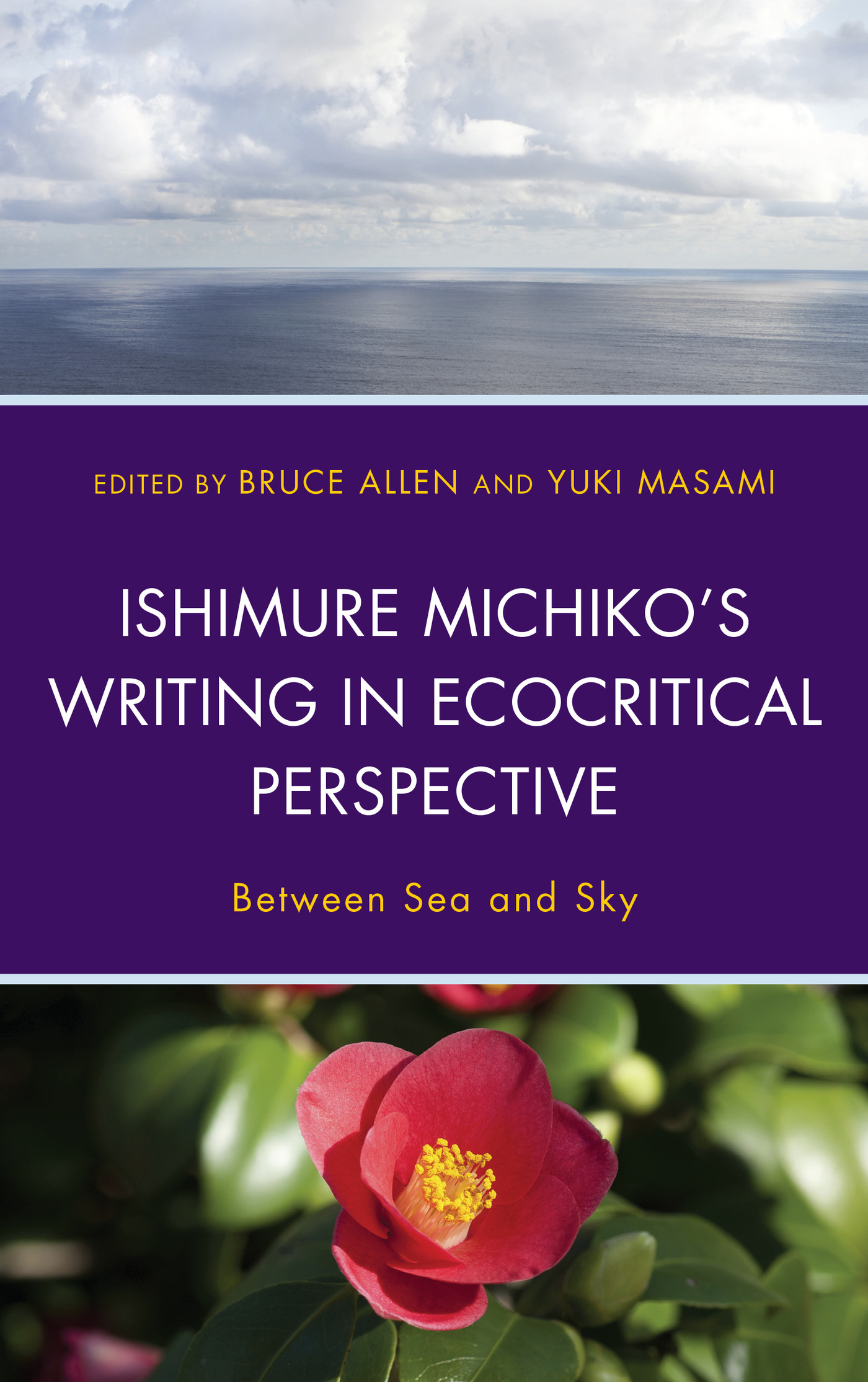Ishimure Michiko's Writing in
Ecocritical Perspective
Ecocritical Theory and Practice
Series Editor: Douglas A. Vakoch
Ecocritical Theory and Practice highlights innovative scholarship at the interface of literary/cultural studies and the environment, seeking to foster an ongoing dialogue between academics and environmental activists.
Titles in the Series
Ishimure Michikos Writings in Ecocritical Perspective: Between Sea and Sky, edited by Bruce Allen and Yuki Masami
The Ecopolitics of Consumption: The Food Trade, edited by H. Louise Davis, Karyn Pilgrim, and Madhu Sinha
Writing the Environment in Nineteenth-Century American Literature: The Ecological Awareness of Early Scribes of Nature, edited by Steven Pertersheim and Madison Jones IV
Persuasive Aesthetic Ecocritical Praxis: Climate Change, Subsistence, and Questionable Futures, by Patrick D. Murphy
The Forest in Medieval German Literature: Ecocritical Readings from a Historical Perspective, by Albrecht Classen
Ecocriticism of the Global South, edited by Scott Slovic, R. Swarnalatha, and Vidya Sarveswaran
Explorations in Ecocriticism: Advocacy, Bioregionalism, and Visual Design, by Paul Lindholdt
New International Voices in Ecocriticism, edited by Serpil Oppermann
Urban Ecologies: City Space, Material Agency, and Environmental Politics in Contemporary Culture, by Christopher Schliephake
Myth and Environment in Recent Southwestern Literature: Healing Narratives, by Theda Wrede
Ecoambiguity, Community, and Development: Toward a Politicized Ecocriticism, edited by Scott Slovic, R. Swarnalatha, and Vidya Sarveswaran
Transversal Ecocritical Praxis: Theoretical Arguments, Literary Analysis, and Cultural Critique, by Patrick D. Murphy
Feminist Ecocriticism: Environment, Women, and Literature edited by Douglas A.
Vakoch
Ishimure Michiko's Writing in
Ecocritical Perspective
Between Sea and Sky
Bruce Allen and Yuki Masami
LEXINGTON BOOKS
Lanham Boulder New York London
Published by Lexington Books
An imprint of The Rowman & Littlefield Publishing Group, Inc.
4501 Forbes Boulevard, Suite 200, Lanham, Maryland 20706
www.rowman.com
Unit A, Whitacre Mews, 26-34 Stannary Street, London SE11 4AB
Copyright 2016 by Lexington Books
All rights reserved. No part of this book may be reproduced in any form or by any electronic or mechanical means, including information storage and retrieval systems, without written permission from the publisher, except by a reviewer who may quote passages in a review.
British Library Cataloguing in Publication Information Available
Library of Congress Cataloging-in-Publication Data
Ishimure Michiko's writing in ecocritical perspective : between sea and sky / [edited by Bruce Allen and Yuki Masami].
p. cm. (Ecocritical theory and practice)
Includes bibliographical references and index.
ISBN 978-0-7391-9422-5 (cloth : alk. paper) -- ISBN 978-0-7391-9423-2 (electronic)
1. Ishimure, Michiko, 1927---Criticism and interpretation. 2. 2. Ecocriticism. I. Allen, Bruce, 1949- editor. II. Masami, Yuki, 1969- editor.
PL853.S535Z67 2015
895.63'5--dc23
2015034022
 TM The paper used in this publication meets the minimum requirements of American National Standard for Information Sciences Permanence of Paper for Printed Library Materials, ANSI/NISO Z39.48-1992.
TM The paper used in this publication meets the minimum requirements of American National Standard for Information Sciences Permanence of Paper for Printed Library Materials, ANSI/NISO Z39.48-1992.
Printed in the United States of America
Acknowledgments
The editors and contributors would like to express their appreciation to the following publishers who granted permission to reprint or quote from their publications.
Center for Japanese Studies, the University of Michigan, for permission to quote from Ishimure Michiko, Paradise in the Sea of Sorrow: Our Minamata Disease, translated with a new introduction and notes by Livia Monnet, Michigan Classics in Japanese Studies no. 25.
Fujiwara Shoten Publishing Co. for permission to quote from Ishimure Michikos Ishimure Michiko zensh [The Complete Works of Ishimure Michiko] (17 volumes) and other Ishimure writings.
Gen Shobo Publishing Co. for permission to reprint Watanabe Kyjis Kugai jdo no sekai, in M hitotsu no konoyo (2013), 833.
Kawade Shobo Publishing Co. for permission to reprint Ikezawa Natsukis Shiranui kai no kodai to kindai in Kukai jdo, Sekai bungaku zensh III-04 (2011), 757771.
Lexington Books and Rowman and Littlefield for permission to quote from Lake of Heaven by Ishimure Michiko and Rowing the Eternal Sea: The Story of a Minamata Fisherman, by Ogata Masato and iwa Keib.
University of Michigan Press for permission to reprint and quote from Karen Thornbers Ecoambiguity: Environmental Crises and East Asian Literatures.
Introduction
Bruce Allen and Yuki Masami
In the summer of 1996 Ishimure Michiko read selections from her writings and spoke about her life of activism to an audience of international scholars gathered in Honolulu, Hawaii, for a symposium on Japanese and American environmental literature. This event was an important landmark for a number of reasons. It reflected the growing awareness that the study of environmental literature needed to broaden its sights from its earlier focus on American and English language-centered literature to embrace global literatures, languages, and world-views, and to form partnerships among writers and scholars around the world. The meeting also brought the writing and life work of Ishimure Michiko to the attention of Western scholars, and helped to inspire global interest in Ishimure literature.
In the twenty some years that have passed since that meeting the study of environmental literature has evolved remarkably. It has widened its concerns to include the global, the urban, the north and south, and various cultural, language, ethnic, gender, and other perspectives, and it has developed the critical foundation of ecocriticism. Thus, it should not be surprising that literary studies of Ishimure Michikothe central figure in Japanese environmental literaturehave also evolved. At the same time, Ishimures writing has evolved considerably. Ishimure literary studies have developed in Japan, but are still in the early stages in other countries. This collection of essays on Ishimure Michikos writing from ecocritical perspectives aims to help introduce her work to a wider international audience and to help encourage Ishimure studies on a global scale. It is comprised of five essays by Japanese and five by non-Japanese contributors, and accompanied by the first English translation of Ishimures contemporary Noh play Shiranui. This play expresses the spiritual and spatial locus of Ishimures long writing career and provides an artistic distillation of her central concerns and literary imagination. The collection encourages a wider understanding of the range and impact of Ishimure Michikos writing and life work.
Ishimures writing, in tandem with her environmental activism, have established her reputation as a pioneer in the Japanese environmental movement. This reputation has been largely based on her work in exposing the Minamata disease incident. This incident has actually been a long, ongoing series of events centered around the environmental industrial poisoning of the Minamata Bay which reached a climax in the 1950s and 1960s, but which has continued to cause widespread suffering for both its human victims and the wider natural environment today. Because of her work on Minamata, which helped to alert the world to the dangers of environmental pollution, coupled with her exquisite literary rendering of the stories about the incident, Ishimure Michiko has often been referred to as the Rachel Carson of Japan. This label, however, as several of our contributors discuss, has proven to be somewhat of a mixed blessing, as it has contributed to an oversimplified understanding of Ishimures wide range of literary work and social concerns. It has played a part in a stereotyping that has sometimes represented her writing as that of merely an environmental writer-activist. For some, there remains a lingering prejudicein Japan, as well as worldwidethat there is a contradiction between being an activist and a serious literary writer. We hope this collection will help to dispel such misconceptions.

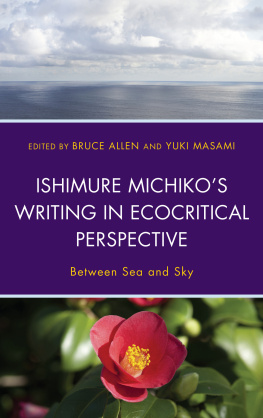

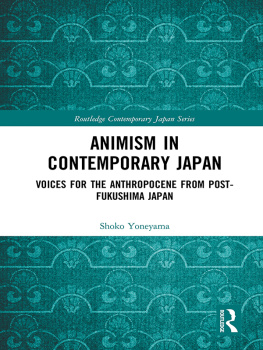
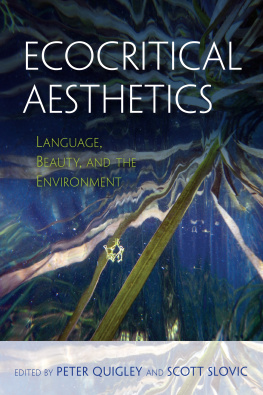
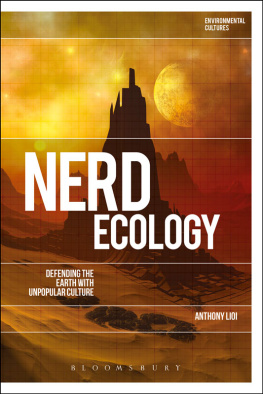
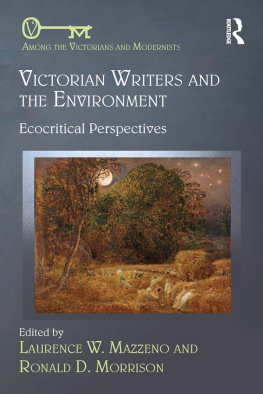
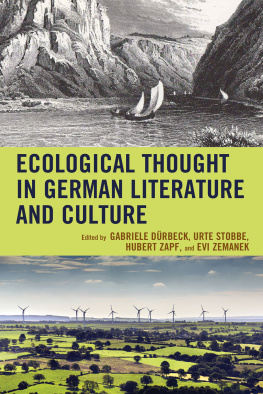
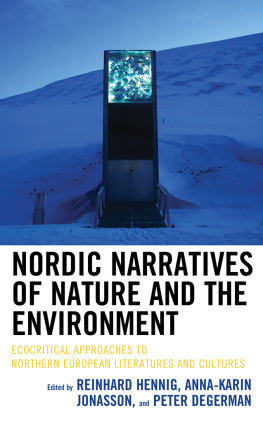
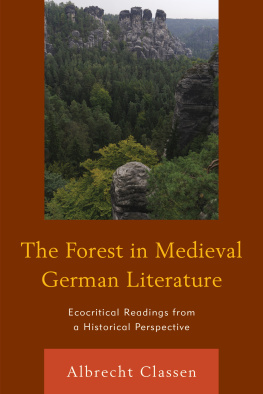
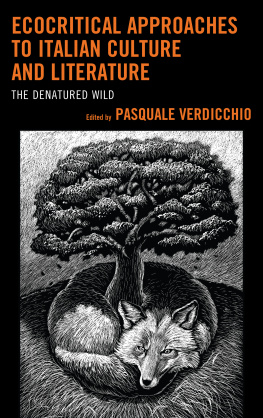
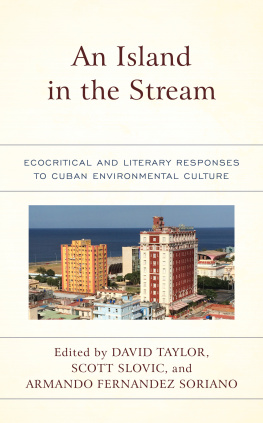
 TM The paper used in this publication meets the minimum requirements of American National Standard for Information Sciences Permanence of Paper for Printed Library Materials, ANSI/NISO Z39.48-1992.
TM The paper used in this publication meets the minimum requirements of American National Standard for Information Sciences Permanence of Paper for Printed Library Materials, ANSI/NISO Z39.48-1992.